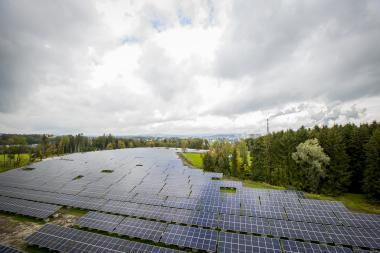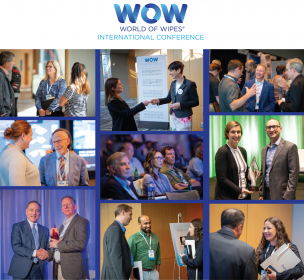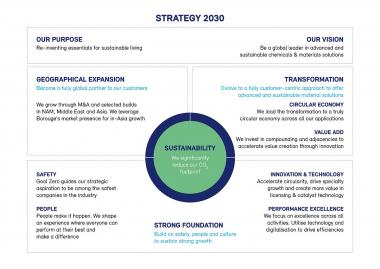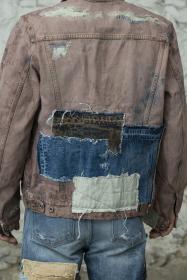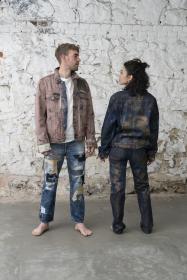Kornit Digital issues Second-Annual Impact Report
Kornit Digital Ltd. unveiled its Impact Report for 2021 highlighting progress made against goals and further expanding its commitment to a long-term strategy designed to transform the world of fashion and textiles into one that is more sustainable. The comprehensive analysis details Kornit’s performance related to climate action, waste management, green chemistry, and diversity in the workplace, as well as other areas of the Company’s Environmental, Social, and corporate Governance (ESG) framework.
Key Accomplishments Against Baseline (2021)
Kornit’s ongoing dedication to improving ESG practices within its own operations has resulted in Company-wide achievements in the areas of:
Climate Action and Waste Management*
- ~16% reduction in GHG emissions intensity from x 9.11-e to 7.68 MTCO2-e
- 39% reduction in hazardous waste intensity from 1.7 tons to 1.04 tons
- 57% reduction in non-hazardous waste intensity from 33 tons to 14 tons
Green Chemistry
- Complete elimination of Acute Toxic Amines (CLP category 1, 2, 3) CMR
- 20% reduction of VOC level in Robusto Inkset and 30% of VOC in Eco Ink/Green
DEI and Community Engagement
- An increase in women in management, from 30% to 35%
- Reporting 88% of employees feeling respected and free to be authentic at work - *Intensity measures are per $1 million of revenue.
Kornit Digital’s Impact Strategy
Propelled by an ambition to make a positive impact across all areas of its business and throughout the fashion and textile industries, Kornit further adjusted its Impact Strategy this year towards more expansive, longer-term goals and objectives. Kornit’s refined strategy reflects the Company's dual role as a change agent in the industry—both as a leader empowering the fashion industry to be more sustainable, and as an accountable participant responsible for embracing social and environmental change to make the world a better place.
The holistic strategy accounts for both roles, across two fundamental pillars—"Enable the Change” and “Be the Change”—and incorporates both social and environmental KPIs designed to meet the Company’s goals and respond to stakeholders’ input, as well as industry and ecosystem needs
Kornit is officially unveiling the report during a press event at PRINTING United Expo 2022.
*Intensity measures are per $1 million of revenue.
Kornit Digital








